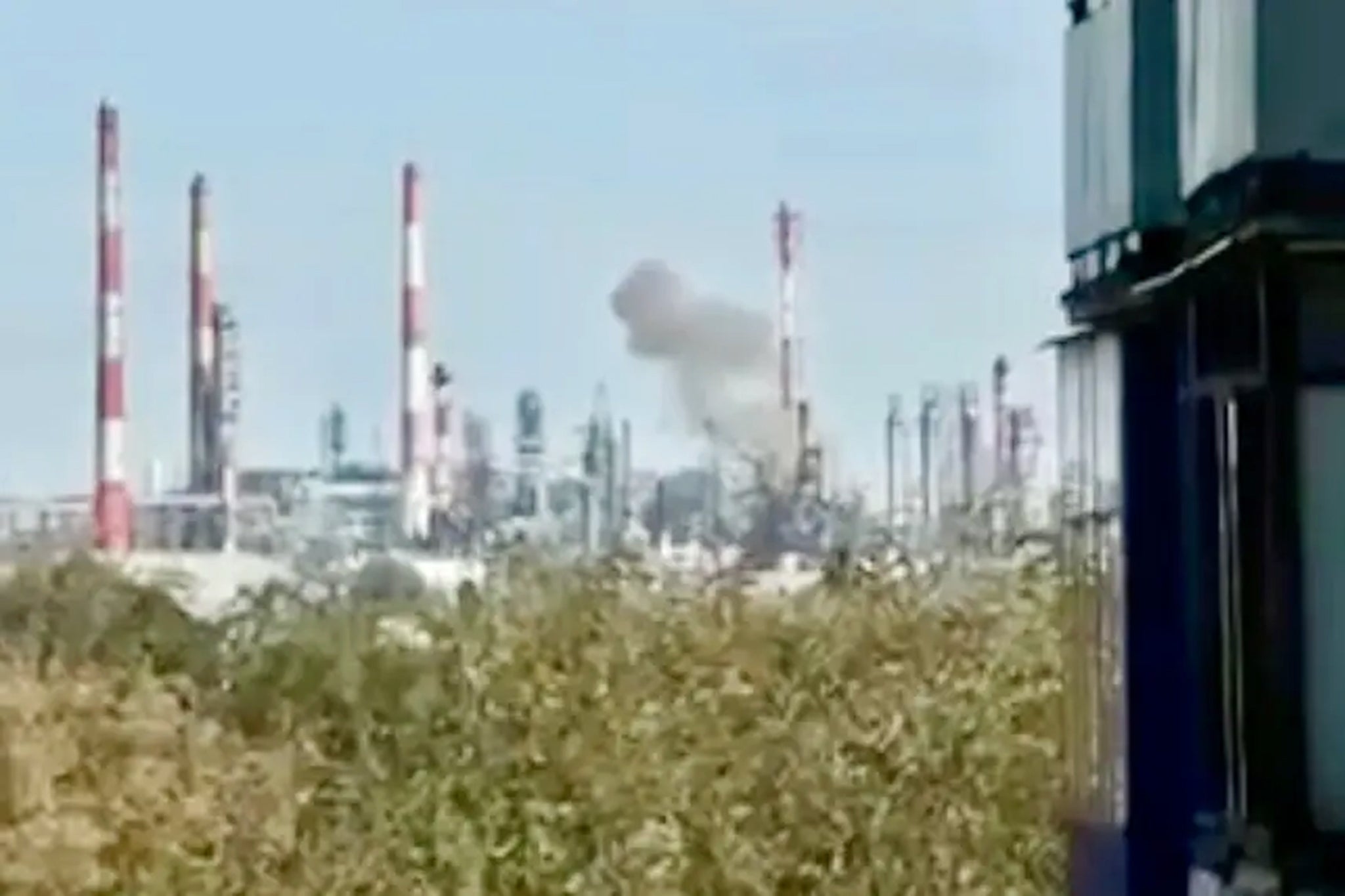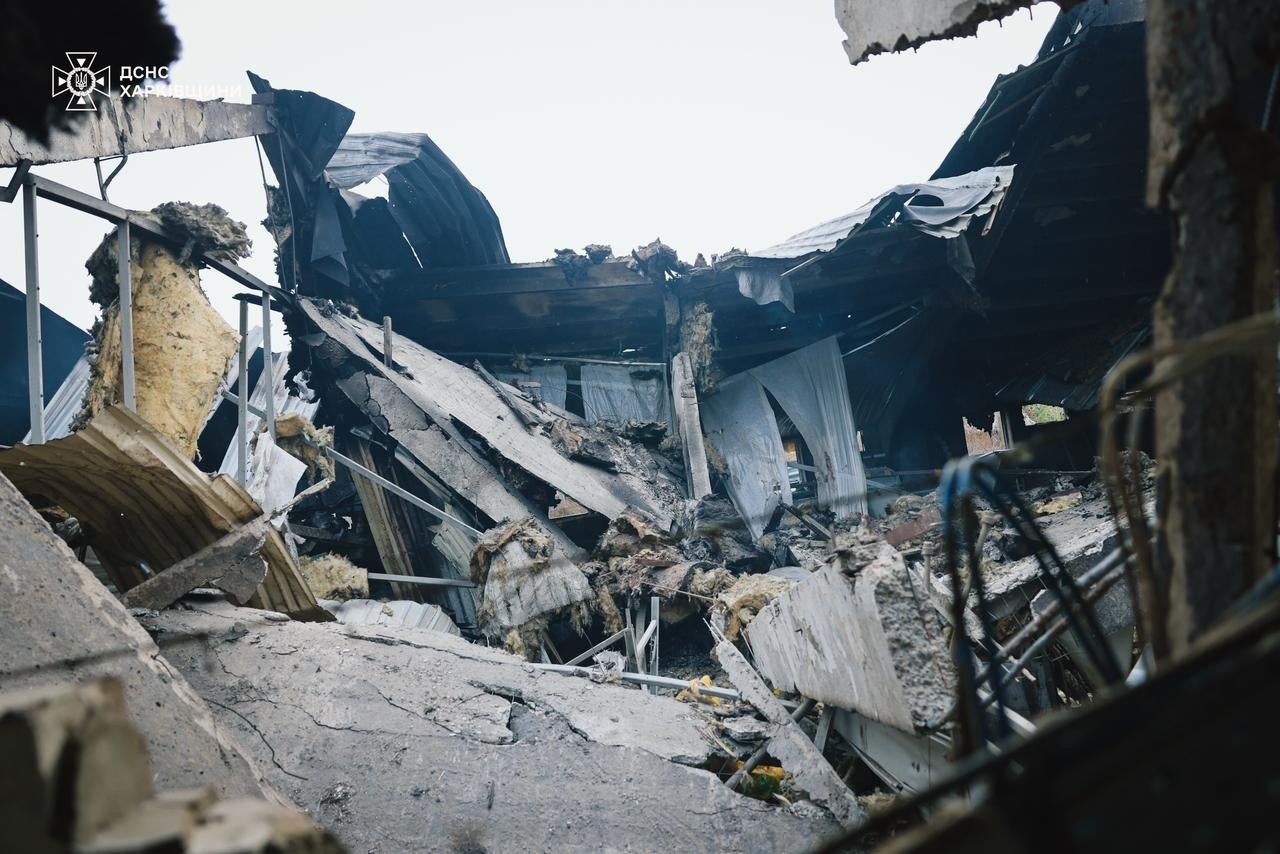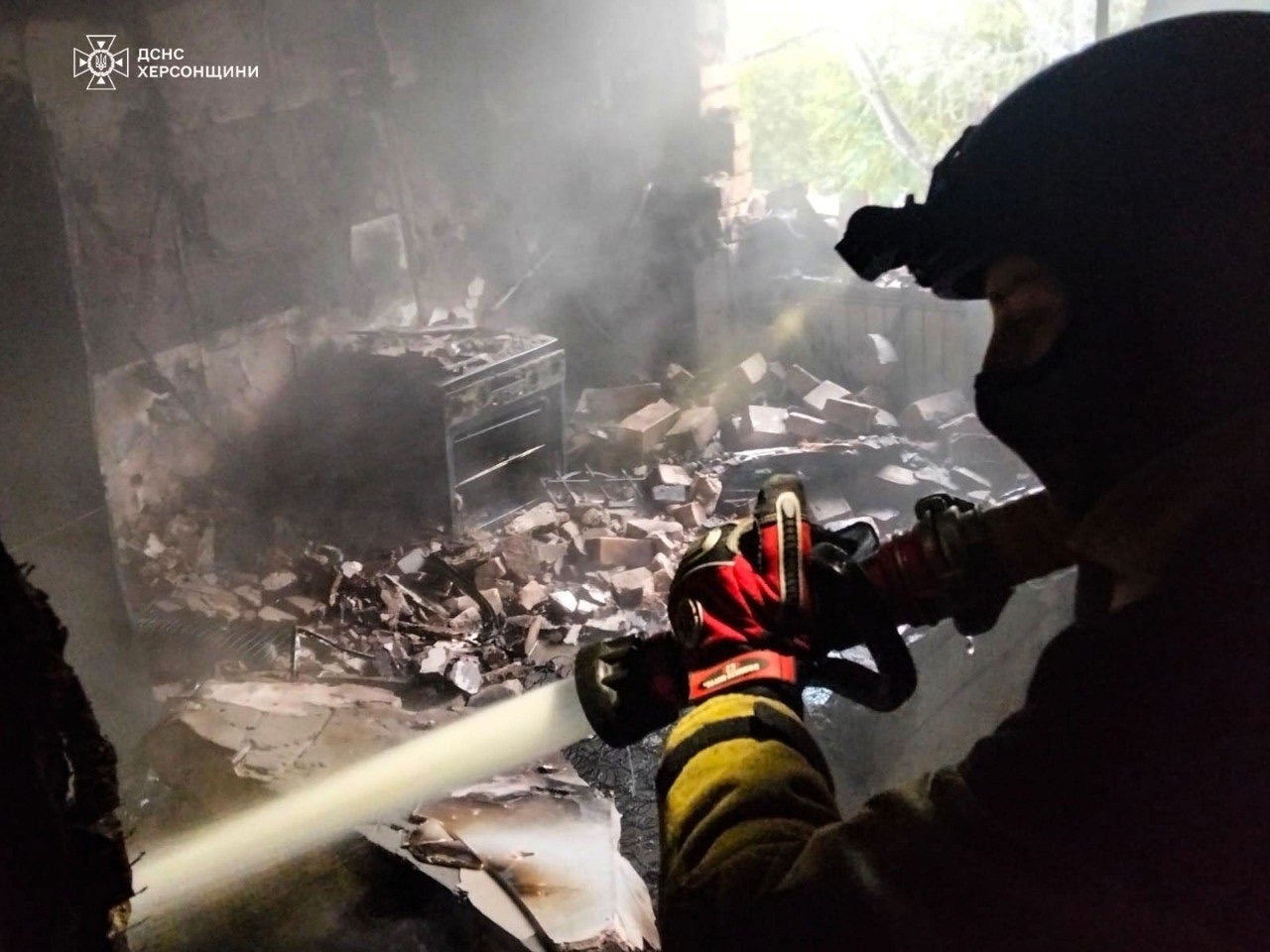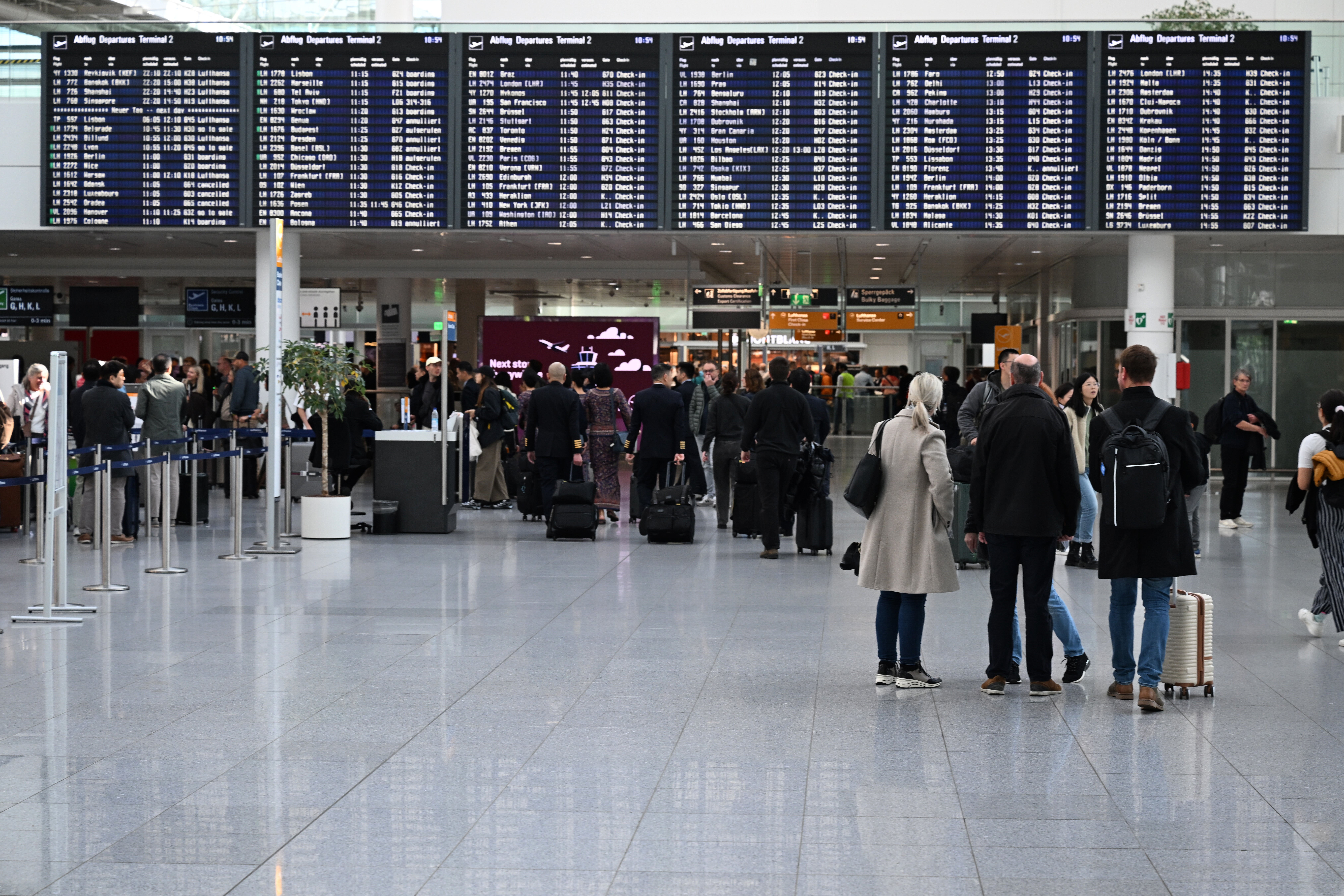Russia launched its largest attack of the war against critical natural gas facilities run by Ukraine’s state-owned Naftogaz group overnight, officials said on Friday.
Serhii Koretskyi, chief executive of Naftogaz, said Russia had fired 35 missiles and 60 drones at facilities of the gas and oil company in the Kharkiv and Poltava regions.
Mr Koretskyi said the attack had “no military purpose” and was “yet another act of Russian malice aimed solely at disrupting the heating season and depriving Ukrainians of warmth in winter”.
Officials accused the Kremlin of plotting to wear down the Ukrainian power grid ahead of winter.

The Russian Defence Ministry said its forces had carried out massive overnight strikes on Ukraine’s gas and energy infrastructure, saying it had also attacked industrial facilities linked to the military. Russia launched a total of 381 drones and 35 missiles at Ukraine, according to Ukraine’s air force. Ukraine has also targeted Russian oil refineries recently.
Attacks against Ukraine escalated as Kyiv’s backers in Europe raised their own concerns about alleged Russian interference in Nato territory.
Danish intelligence warned on Friday that Russian warships have repeatedly sailed on collision courses, disrupted navigation and aimed weapons at Danish naval vessels in the Baltic Sea.
“We have seen several incidents in the Danish straits, where Danish air force helicopters and naval vessels have been targeted by tracking radars and physically pointed at with weapons from Russian warships,” Danish Defence Intelligence Service director Thomas Ahrenkiel told a press conference.
He said Russian warships had sailed on collision courses with Danish vessels during their passage through the straits.

Defence intelligence has also recorded Russian warships sailing through Danish straits with sonar and jamming equipment, according to Mr Ahrenkiel. He said it was “highly probable” that they, on at least one occasion, had jammed signals and caused extensive GPS interference in Denmark.
Denmark in recent days has also reported drone sightings over military sites, and Copenhagen and Oslo airports – in Denmark and Norway respectively – were forced to close temporarily due to drone sightings last month.
Mette Frederiksen, the Danish prime minister, last week described recent drone incursions over Danish airports and military installations as a “hybrid attack” on the country. Danish police have not found any evidence that Russia was behind the drone disruption, but said that it appeared to be the work of a “professional actor”.
Danish intelligence assesses that Russia is conducting hybrid warfare against Denmark and the broader West. Russia has repeatedly denied responsibility for hybrid attacks in Europe.

On Thursday, Russian president Vladimir Putin joked that he would not fly drones over Denmark anymore and described as “nonsense” the idea that his country would potentially target a Nato member.
“I won’t anymore. Not to France, not to Denmark, not to Copenhagen,” he joked.
Hours later, Munich airport closed due to suspicious drone sightings in the area, airport officials said. The closure grounded 17 flights, affecting nearly 3,000 passengers.
There was no immediate confirmation where the drones had come from, or who was operating them. But amid rising concern about drone disruption in Europe, Germany’s interior minister Alexander Dobrindt said he would raise the matter of anti-drone defences at a meeting on Saturday of European interior ministers.
Polish media, citing sources linked to the Polish Internal Security Agency (ABW) and the Polish General Prosecutor’s Office, reported on Thursday that Russia’s main intelligence directorate may have orchestrated drone strikes within Poland, Germany and Lithuania.

The ABW detained a suspect allegedly recruited by Russia’s GRU to transport explosives, drone parts and SIM cards between the countries.
Hybrid threats, which include sabotage, disinformation, espionage and cyberattacks, have been flagged as increasingly aggressive by Western security agencies.
Nato has strengthened its Baltic operations in response to the drone incursions. Sweden proposed new legislation on Friday to expand maritime surveillance by its coast guard.


